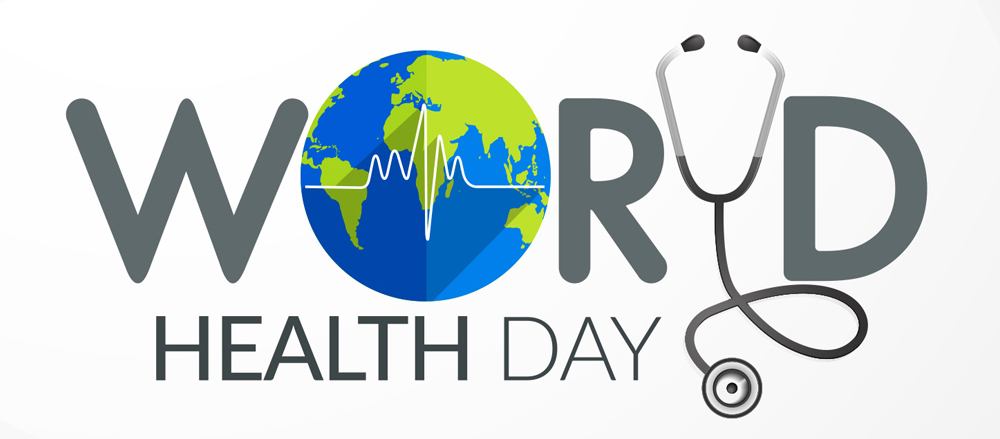World Health Day: Let’s Talk About a Global Issue Often Ignored
What do you think of when you think of World Health Day?

For many, domestic abuse isn’t on the list of issues they’d think of, but it should be.
Physical or sexual abuse is a public health problem. One that, tragically, affects one third of girls and women worldwide. This isn’t a problem that is limited to certain regions or even countries. It’s one that exists right here in Canada, and in Ontario. In the homes of our family and friends, in the workplaces of of our neighbours, and in our own backyards.
“Gender-based violence happens all over the world. It doesn’t matter what your income, class, race, ethnicity, culture or area code is—it can impact everyone. Gender-based violence does not discriminate.” - Stephanie Montesanti
Intimate partner violence accounts for the vast majority of this abuse, with a study showing that 30% of women have experience some form of violence at the hands of a previous or current partner.
The affect this abuse has is far-reaching and the impacts have a vast affect on public health systems. Long-term issues range from mental health effects like anxiety, depression and suicidal thoughts, to anger and aggression, to difficulty functioning in a job. When children are involved, the risk of the cycle of violence continuing is very real.
We are all affected.
What can YOU do?
There are actions that every single one of us can take to help end the epidemic of gender-based violence, no matter who we know, what we’ve experienced, or where we work.
When we educate ourselves and each other, we can do better. For this World Health Day 2019, help us end violence against women and children by educating yourself on the signs of domestic abuse and reading below to see how we can all make a difference.
Promote healthy relationships. This begins in childhood. Caregivers and parents have a huge role in not only talking about healthy relationships and consent with children, but also demonstrating these values in their own relationships. Adolescence is also such a pivotal point of time where teens need to be learning all about issues such as sex, consent, what abuse is and looks like, and healthy relationships. If you’re looking for some helpful and inspiring content and aren’t sure where to start, check out our Talks for Teens series.
Engage men and boys. Such an important point that can easily be overlooked, yet we need to ensure we’re involving males in the conversations surrounding not only gender-based violence, but also teaching them about concepts like healthy masculinity, abuse prevention, breaking the cycle of violence, and, importantly, rehabilitation options and support for men who have been violent. Yes, this part is important!
Educate. This is key in the journey to ending violence against women. When we are able to educate everyone on the warning signs of domestic abuse and how to help, we are all better equipped to create a safer world for everyone.
Proper tools and support. Knowing a friend, family member, neighbour or co-worker is being abused is not enough. It’s imperative that the necessary support systems are in place, and this almost always involves some level of government support. Safe shelters or a place to escape a violent situation, time off work, financial support, resources and education, legal help. Leaving an abusive relationship is neither easy or quick, but we can make sure women and children’s rights and safety come first by offering the right tools and support for everyone, no matter their circumstances.
It’s up to all of us to work toward a world that is both safer and healthier, and this includes protecting our women and children from abuse.
Resources:
https://www.who.int/reproductivehealth/topics/violence/en/
https://www.ontario.ca/page/lets-stop-sexual-harassment-and-violence
